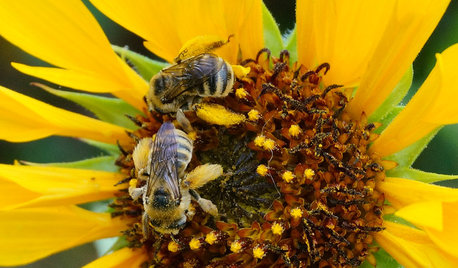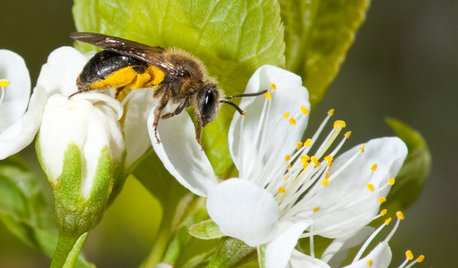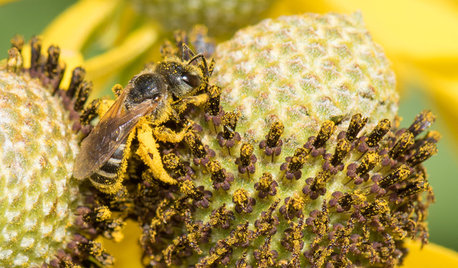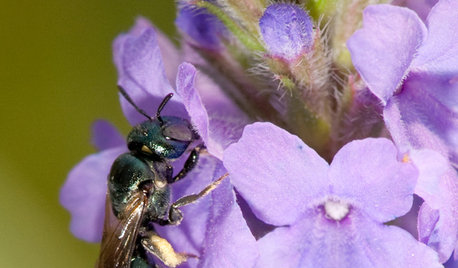Should I get rid of bumble bee nest? How?
thefamilygardener
14 years ago
Featured Answer
Sort by:Oldest
Comments (16)
ericwi
14 years agoorganicguy
14 years agoRelated Professionals
Severn Landscape Architects & Landscape Designers · Clearlake Landscape Contractors · Franklin Landscape Contractors · Gresham Landscape Contractors · Hilo Landscape Contractors · New Brighton Landscape Contractors · Plainview Landscape Contractors · Pleasant Grove Landscape Contractors · Riverview Landscape Contractors · Lauderdale Lakes Landscape Contractors · Suisun City Landscape Contractors · Brookhaven Outdoor Lighting & Audio Visual Systems · Issaquah Decks, Patios & Outdoor Enclosures · Pittsburgh Decks, Patios & Outdoor Enclosures · Glendale Decks, Patios & Outdoor Enclosuresorganicguy
14 years agoKimmsr
14 years agoericwi
14 years agoceresone
14 years agoDan _Staley (5b Sunset 2B AHS 7)
14 years agothefamilygardener
14 years agothefamilygardener
14 years agomiriamevans17_hotmail_co_uk
12 years agoKimmsr
12 years agoannpat
12 years agobirdwingart_aol_com
12 years agowslaugenhaupt
10 years agowslaugenhaupt
10 years ago
Related Stories

GARDENING AND LANDSCAPING4 Good Ways to Get Rid of Mosquitos in Your Yard
Stay safe from West Nile virus and put an end to irksome itches with these tools and methods for a porch, patio or yard
Full Story
MOST POPULARHow to Get Rid of Those Pesky Summer Fruit Flies
Learn what fruit flies are, how to prevent them and how to get rid of them in your home
Full Story
EDIBLE GARDENSNatural Ways to Get Rid of Weeds in Your Garden
Use these techniques to help prevent the spread of weeds and to learn about your soil
Full Story
EARTH DAY12 Entertaining ‘Bee-haviors’ of Native Bees
The parade of pollinator antics is another reason to create a garden that nurtures native bees
Full Story
GARDENING GUIDESInvite Mining Bees to Your Garden by Planting Their Favorite Plants
Look for mining bees (Andrena) pollinating woodland wildflowers in U.S. gardens this spring
Full Story
GARDENING FOR BUTTERFLIESGardening for the Bees, and Why It’s a Good Thing
When you discover how hard bees work for our food supply, you may never garden without them in mind again
Full Story
EARTH DAYHow to Design a Garden for Native Bees
Create a garden that not only looks beautiful but also nurtures native bees — and helps other wildlife in the process
Full Story
DECORATING GUIDESHoneycomb Shapes Are the Bee’s Knees
The hexagon is everywhere in nature — in honeycombs, tortoiseshells, snowflakes. Why not replicate it in home design?
Full Story
GARDENING GUIDESWelcome Sweat Bees to Your Garden Throughout the Growing Season
Look before you swat! These friendly sweat bees will feed on your sweat on a hot summer day, but their main buffet is flowers
Full Story
GARDENING GUIDESSmall Carpenter Bees Are Looking for a Home in Your Plant Stems
Provide flowers and nesting sites in your garden for this beautiful, tiny, metallic blue wild bee — your plants will thank you
Full StoryMore Discussions






gardengal48 (PNW Z8/9)